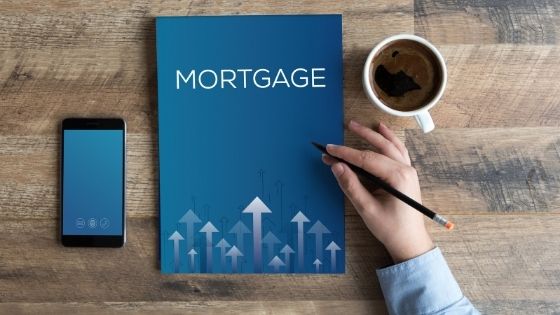The homeownership rate was recently charted at roughly 66 percent according to studies. Many people are champing at the bit to become new homeowners so that they can build equity and love where they live.
Finding an incredible mortgage is foundational when you’re in the market for a new home. So what mistakes should people steer clear of when looking for a mortgage?
We’re happy to explain. Below are some mortgage shopping mistakes that you should avoid at all costs.
1. Biting Off More Than You Can Chew
The average price to build a single-family home is about $300,000 right now. Always get an appraisal to know the value of the home you’re buying.
Factor in your monthly and annual income to figure out how much you can afford to pay. Many people make the mistake of getting too ambitious with the mortgage amount they take out. Consider your finances first and make sure that the home you’re purchasing is worth the mortgage you sign.
2. Failing To Research The Lender
It’s vital that you do your due diligence when choosing your financial institution. Longevity says a lot, so make sure that you choose a bank that has been proven to offer mortgages for the past several years.
Check their bond rating and look them up in their state license registry and with the Better Business Bureau (BBB). You should also turn to a mortgage quality assurance audit provider that can provide more context to your selection.
Do as much background information as possible so you can choose a lender that is credible and trusted.
3. Taking On Bad Interest Rates And Terms
Interest and fees are truly where the rubber meets the road with a mortgage note. It’s common for people to pay roughly three percent or so in 30-year mortgage interest rates.
Steer clear if you’re being hit over the head with exorbitant interest rates. Definitely be wary of adjustable-rate mortgages (ARM) with interest rates that balloon out of control over the years.
4. You Didn’t Check Your Credit
Take the time to also check your credit score prior to applying for a mortgage loan. People with a credit score of 650 or higher are generally considered in good standing.
If your score is 500 or lower, you should talk to a credit counselor and take the time to get it up prior to house hunting. Taking on a bad credit mortgage will cause you to pay more money in the long run.
5. Not Allocating A Down Payment
Finally, research the home and the mortgage terms so you can allocate the best possible down payment. This down payment will make the loan principle smaller and the rates more reasonable.
Some lenders require a down payment of five percent or so, while many buyers try to pay down payments upward of 20 percent to avoid private mortgage insurance and to get the best rates.
Avoid These Mortgage Shopping Mistakes
Avoiding these mortgage shopping mistakes will help you out when you’re ready to buy a house. Do your due diligence so that you can become a proud homeowner on your terms.
Browse our other articles when you’d like to learn more about real estate, business, and a variety of other subjects.

















